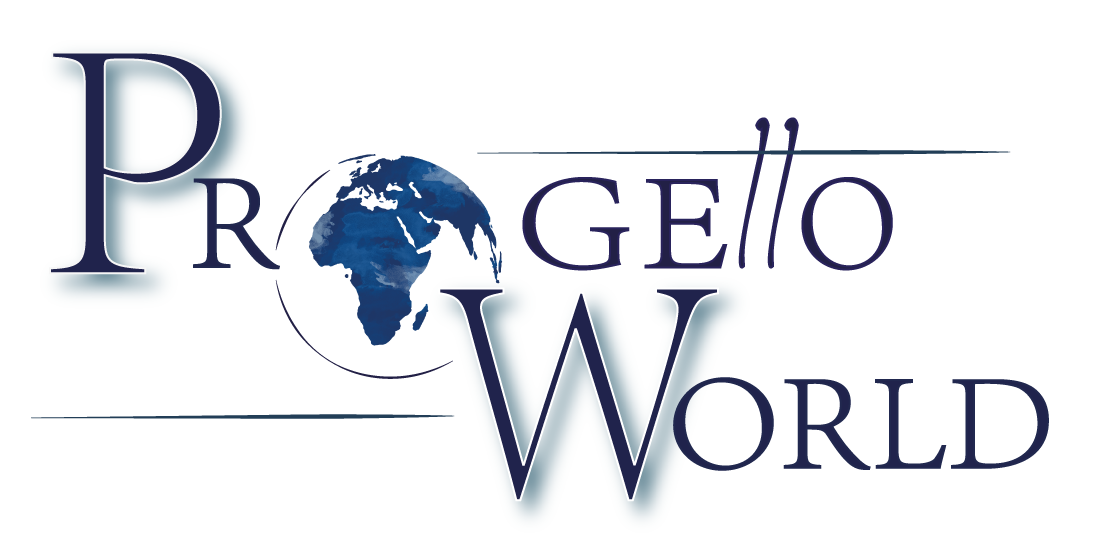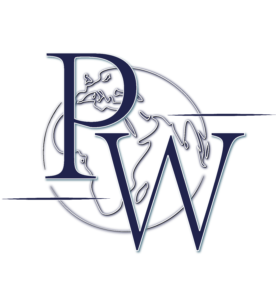Taking note of climate changes and their influence on the activities of Man, the world of international finance has decidedly oriented towards a new strategy, such as sustainable financing, in which the “PROJECT WORLD” is a forerunner and perfectly aligned, proposing the financing of the innovative and sustainable universal concept of floating ecoportualità to the Regional Development Banks, which, ascertaining their alignment with their new financial direction, have given total availability to finance it especially if it is aimed at emerging countries, to present it at the respective locations and to make it known to their Stakeholders.
In fact, sustainable ports are among the primary sectors to be financed, together with green cities, energy efficiency, major water problems, waste water treatment, sanitation and urban waste disposal, sustainable urban transport (green transport) and environmental consulting services.
To underline this new trend, also the international government activities have intensified in this direction and the recent national one is underlined, with the Agreements signed during the visit, in October 2014 in Rome, by the Prime Minister of the People’s Republic of China Li Keqiang, with the Italian Ministry of Economic Development and the Chinese Commerce for an Italian-Chinese ecological park and the Cassa Depositi e Prestiti with the China Development Bank of three billion for cooperation in the development of financial opportunities, from SMEs to infrastructures.
With the Russian Federation, in July 2014 also in Rome, the President of the Bank Vnesheconombank (VEB) and the Co-President of the Italian-Russian Dialogue-Forum of civil society Vladimir Dmitriev, at the D20 Conference, which brings together the Development Banks of the Countries of the G20, signed the Memorandum of collaboration between the Vnesheconombank and the National Agency for the attraction of investments and business development (INVITALIA) to collaborate in the support sector of the Russian and Italian companies that carry out projects in the field of ‘infrastructure.
Another important event was the signature of the Memorandum of Understanding between the Vnesheconombank and Cassa Depositi e Prestiti (CDP), which supports Italian companies also abroad.
Also in June 2013, the banking sector, showing a growing sensitivity towards the risk of sustainability, launched the EP3 (Equator Principles) as new global guidelines for the management of environmental and social risks in the financing of major infrastructure projects.
As proof of the importance of the topic of sustainability that is much more dominant in the business world, 80 banks of the BRIC countries and of various parts of the world have already signed up.
In fact, some banks in emerging markets are more advanced than others in developed markets in terms of management and environmental and social risk.
To think that originally were intended for developing markets, as they lacked regulatory regimes in this field: a real problem for banks that wanted to ensure compliance with high standards and expectations of their stakeholders.
Today the best example is given by Brazilian institutions.
As can be deduced, even the global banking system could not exempt itself from a more explicit consideration of the potential impact of infrastructure projects on biodiversity and a wider consultation of the local populations affected by these projects.
And in this logic of sustainable finanaziabilità, that the “PROJECT WORLD” wants to make its contribution to the defense of the Environment and to the development of internationalization, financing projects of agriculture and sustainable, innovative and environmental ecoportality, mainly through:
– agreements with public and private investors, development funds, sovereign funds, regional development banks, banks
businesses and businesses interested in financing only innovative and sustainable projects.
– innovative financing lines such as those of the JUNKER Plan, with the 315 billion investment plan, to relaunch
growth in the EU, through the European Fund for Strategic Investments (EFSI), which is the beating heart of the project.
– The Trans-European Transport Network (TEN-T) program of the European Commission funding line
development of Trans-European Transport Networks including major priority projects for road and combined transport, inland waterways and seaports as well as the European high-speed train network.
The Funds also subsidize studies or jobs that contribute to the objectives of the program.
– access to the 2014-2020 Community Programs.
– the MAE Development Cooperation Funds.
– and other innovative financial instruments for SMEs and others.
The WORLD AREA FINANCE Dpt, Area Profit of World Area Holdin

